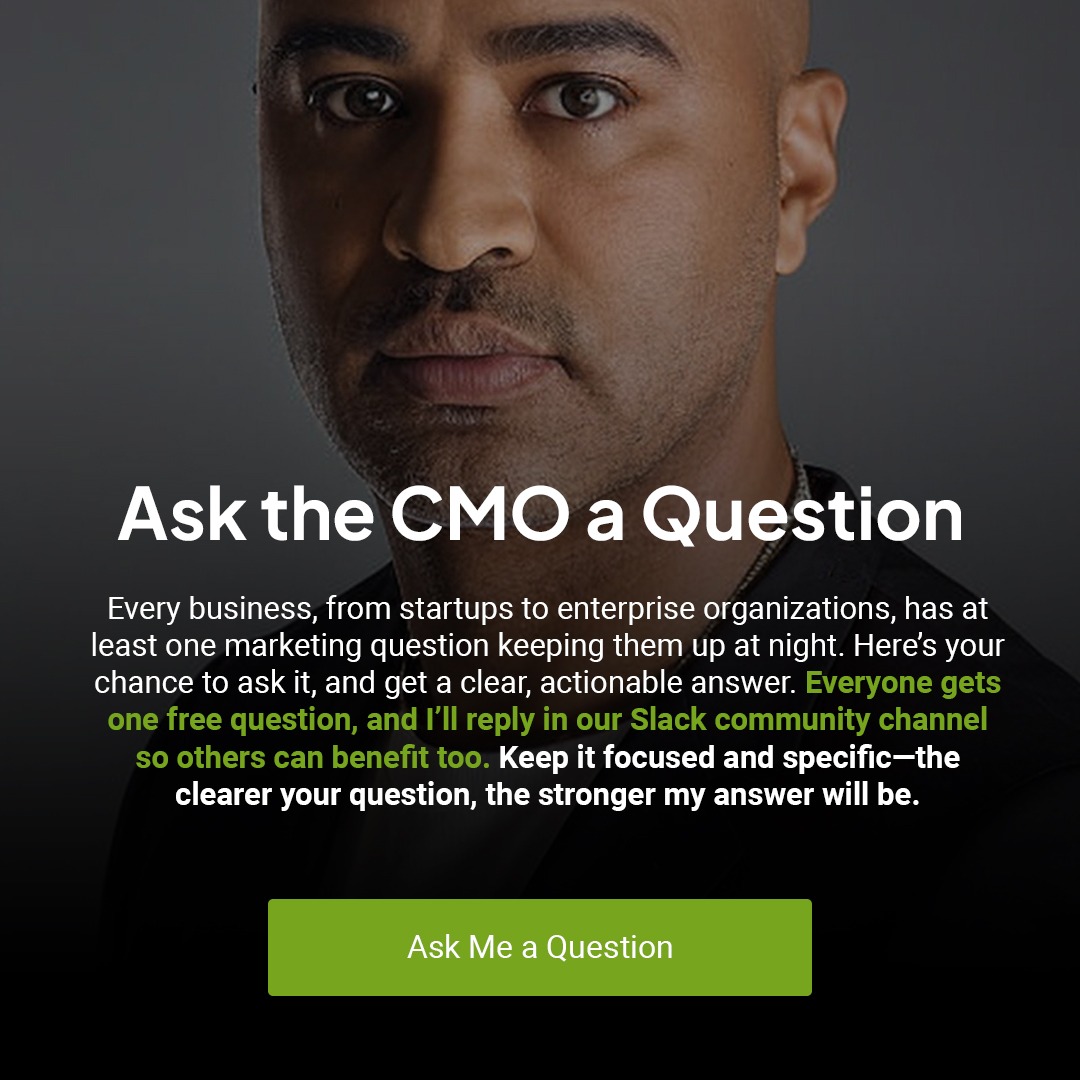Founders often confuse having an idea with being able to lead. The truth is, starting a company and growing one require very different skill sets. Many startups stall or die not because the product is flawed but because the founder never made the leap to becoming a CEO.
Startups don’t need more ideas; they need focus, accountability, and operational discipline. They need someone who can prioritize, make tough calls, rally a team, manage capital, and steer the ship when waters get rough. In other words, they need a CEO, not just the person who started it all, but the person who’s capable of leading it into the next phase.
So, which one are you? Let’s dig into the brutal differences between being a founder and being a CEO, and what it takes to grow into the leader your company needs.
Founders Create. CEOs Execute.
Founders are visionaries. They see gaps in the market, rally early believers, and build something from nothing. But that early momentum rarely lasts without structure, discipline, and execution.
CEOs operationalize vision. They turn big ideas into reality by aligning teams, managing execution, and setting measurable goals. If the founder dreams it, the CEO builds the systems to make it repeatable and scalable.
Too many founders remain stuck in idea mode, constantly creating, pivoting, and reacting. The shift to CEO means focusing less on what’s next and more on what’s working, what’s not, and what must be done now.
Leadership Is About Accountability, Not Just Inspiration
Founders often inspire. They’re magnetic, optimistic, and persuasive. But inspiration without follow-through doesn’t build sustainable companies.
CEOs are accountable. They own outcomes. They hold their teams to standards and accept responsibility when results fall short. They make unpopular decisions, hire quickly, and fire fast, keeping the company aligned with its strategic objectives.
This shift from storyteller to steward is one of the most complex and most essential parts of growing into real leadership.
If You Can’t Let Go, You Can’t Scale
One hallmark of a struggling founder-CEO is the inability to delegate or trust others to lead. Micromanagement, reluctance to hire senior talent, or refusing to give up control of product or marketing decisions are all red flags.
Being a CEO means empowering others, building a strong executive team, and stepping back from day-to-day tasks; your job shifts from doing to deciding, from executing tasks to driving outcomes through others.
Transmyt’s 2025 Marketing Playbook explains that scaling companies require leaders who can build systems and teams, not just founders who hustle.
Metrics, Margins, and Meetings: Welcome to the Unsexy Part
You’re not alone if you’re a founder who hates KPIs, board meetings, budgets, or sales forecasts. But CEOs embrace this operational reality. Leadership isn’t always thrilling. It’s often routine, analytical, and data-driven.
CEOs know their numbers. They understand burn rate, CAC, LTV, and runway. They prep for investor meetings, enforce performance metrics, and ensure every department tracks toward defined goals.
You can hire operators to support you, but you’ll always be the bottleneck if you don’t respect the discipline.
When It’s Time to Step Aside
Not every founder is meant to become the long-term CEO. And that’s okay. Some of the most successful companies in the world were built by visionaries who handed the reins to someone better suited for operational leadership.
Find yourself dreading leadership responsibilities, avoiding hard conversations, or feeling more drawn to new ideas than your current company’s reality. It might be time to bring in a CEO, or step aside and take a different role.
There’s no shame in recognizing your strengths and stepping into a role where you can have the most impact.
Conclusion: Your Company Deserves a CEO, Not Just a Creator
Every startup starts with a spark. But that spark has to be shaped, focused, and turned into sustained momentum to survive and thrive. That’s the CEO’s job. Ask yourself honestly: Are you leading like a founder or operating like a CEO? If you don’t make the transition, someone else will, or your company won’t make it far enough to need one.
Keep Reading
Want more? Here are some other blog posts you might be interested in.
There is a scene that repeats itself in a lot of young companies. It is Monday morning, the leadership team is ...
If a society loses the ability to sit with its own thoughts, has something rotten taken hold at the core, or ...
If you do not know who your product is for, it will not sell. The market is not cruel, it is ...
For founders and growing companies
Get all the tips, stories and resources you didn’t know you needed – straight to your email!




